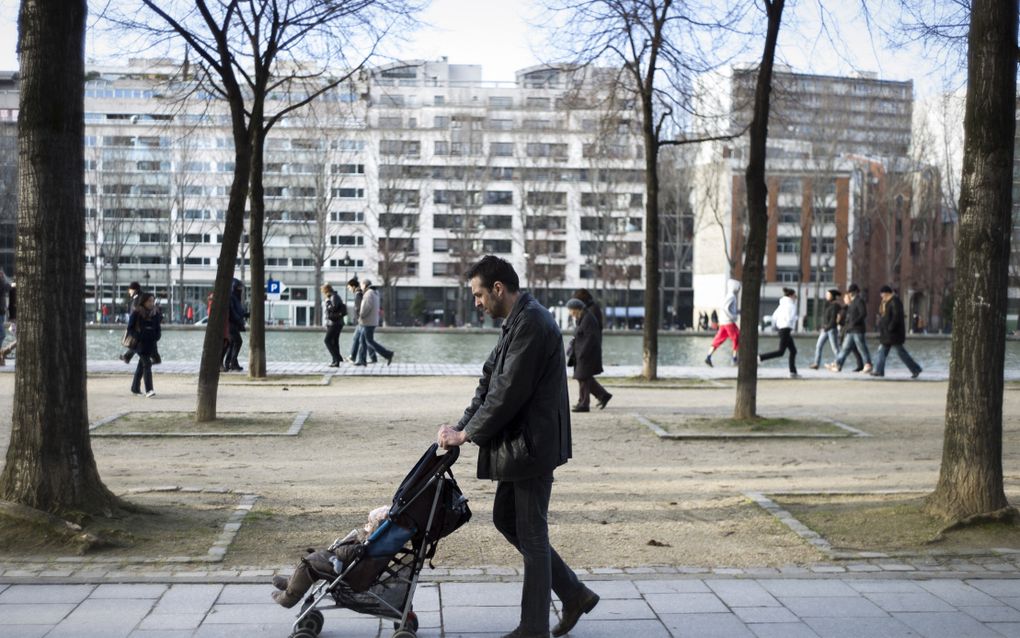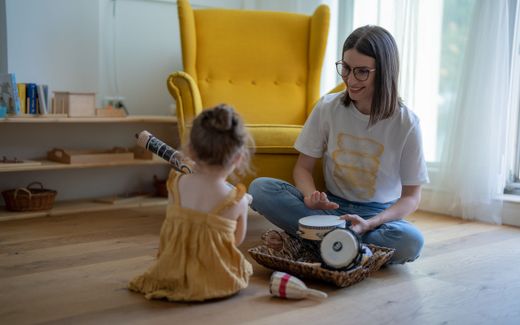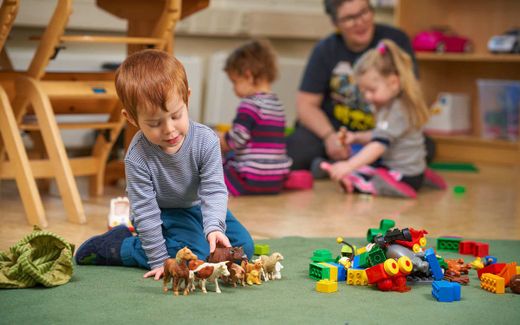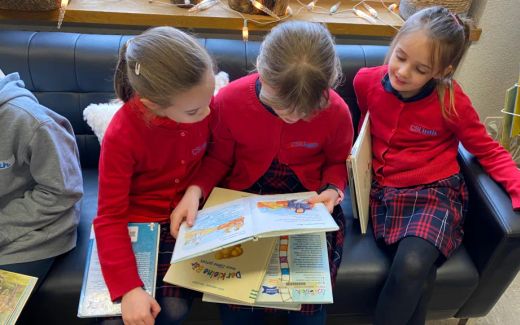French move children to the bottom of the priority list

Photo AFP, Fred Dufour
Western Europe
For the first time in history, France is experiencing a record drop in its birth rate. “Today, having a child is often seen as a way of self-realisation”, sociologist Julien Damon said.
Although the birth rate has declined since 2011, it has reached its lowest level this year, according to data from France’s National Institute of Statistics and Economic Studies (INSEE), which was cited in La Croix. Approximately 333,800 were born in the country, which amounts to an almost 7 per cent decrease (24,164) fewer than last year. In 2022, the total number of births reached its lowest level (726,000) since 1946.
The Total Fertility Indicator (TFR) is also falling across the country. The average in 2022 was 1.8 children per woman, compared to 1.84 children in 2021. What’s more, the average age of motherhood is on the increase. Twenty years ago, the average age of motherhood was 29.4. Now, most do not have their first child until after turning 31 (31.2). Mothers who were over forty years old were the only age cohort to experience increases in 2022.
Fertility
As to why the birth rates are continually dropping, some believe that a decline in fertility is to blame.
“The drop in births in recent years is above all linked to the drop in fertility. We are no longer in the same situation as in the years 2013-2014 where the decline corresponded to a low in births twenty-five years earlier, which means that there were fewer women of childbearing age. Today we are out of this cycle. The number of women of childbearing age varies little,” Didier Breton said to La Croix. Breton is a teacher and researcher at the National Institute of Demographic Studies (INED).
Breton and the INSEE also say that some couples are either giving up entirely on having children or stop at having a second or third child.
Careers
Other contributing factors include women prolonging their studies, later partnerships, and the desire for more stability in their careers.
“We are facing a change in attitude towards children and family aspirations. Today, having a child is often seen as a way of self-realisation. We want to be able to reconcile family life and professional life and be sure of having childcare,” Julien Damon said, a sociologist and professor at Sciences Po.
Damon also stated that economic and health factors should be considered. COVID-19, inflation, the War in Ukraine and even the climate “are increasing concerns for the future.”
When it comes to the environment, Didier Breton says that “eco-anxiety is nothing new” among young people and not all declarations on remaining childless should be taken seriously.
Predictive
“In 2005, during a world population congress, 25 to 30% of young Europeans said they did not want children. However, a certain number of them have had them, which shows that declarations at 19 or 20 years of age are not necessarily predictive,” he said.
While some cite the climate as a primary cause, a French economist and researcher believes that the past may hold some answers. According to recent research by Guillaume Blanc, cultural forces have shaped the country’s attitudes towards having children. Blanc believes the shift away from the Catholic church’s influence on family and its embrace toward secularism are causes for today’s decline.
Dechristianisation
In the seventeenth and eighteenth centuries, France had one of the largest populations in the world, he says. However, that changed starting in 1760- a century earlier than other countries. Approximately 30 years before the French Revolution, a “diminished sway of the Catholic Church” and a “sustained loosening” of religious-based values also took place.
“Whether it was dechristianisation, secularisation, or simply a loss of influence of the clergy is hard to say, but the data shows that attitudes toward life and death changed radically in the course of the eighteenth century,” he said in a Works in Progress report.
Related Articles






